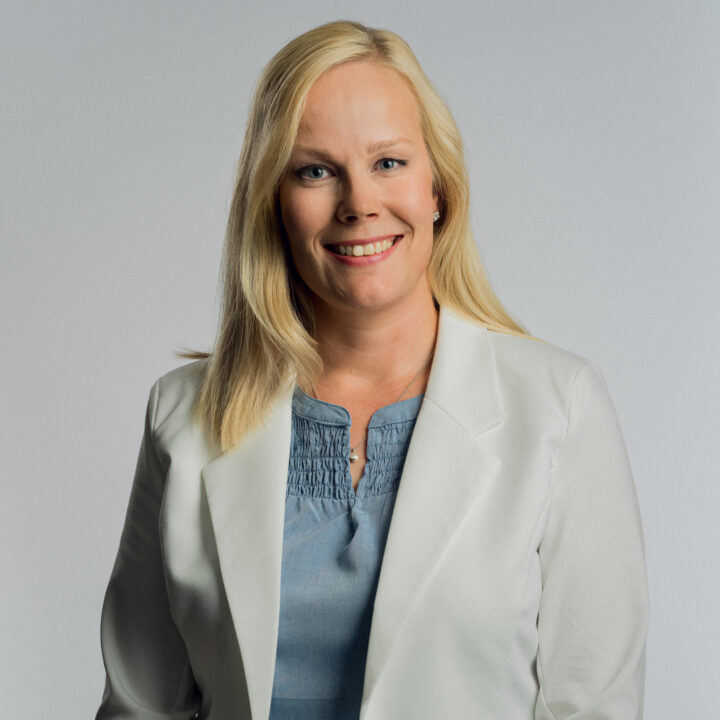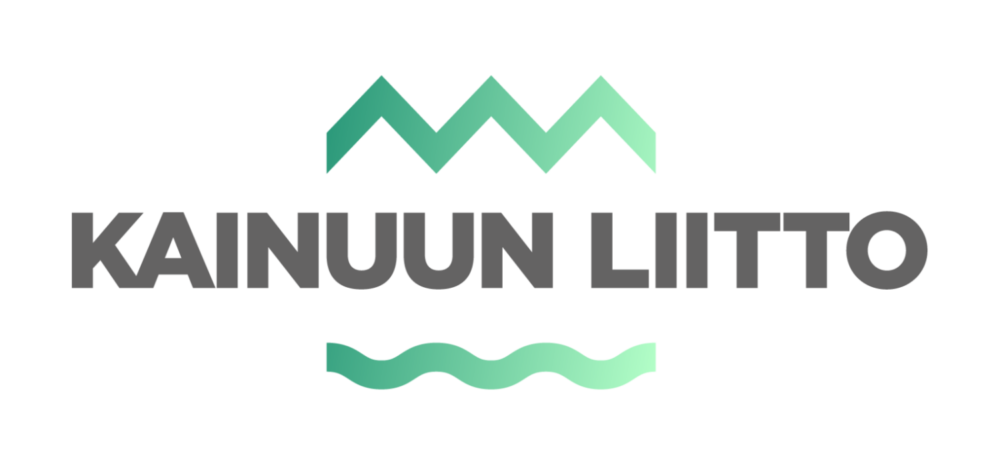Regional Development Director (on leave of absence)
Bio-economy
The top sectors of Kainuu bio-economy are the forest bio-economy, including the forest and wood cluster, utilization and processing of renewable raw materials provided by forests (e.g. different fractions of wood, berries, mushrooms and by-products of production) and food production, including agriculture, natural product sector, fishing and fish farming.
In Kainuu, developing the bio-economy and the bio-circular economy based on the processing of side streams and organic waste is a key part of the green transition of the economy and society from a fossil economy to a low-carbon circular economy.
Renewable energy is a growth sector in Kainuu, and wind power and forest energy in particular are important investment targets in the region. In addition to these, it is essential to strengthen the sustainable utilization of all renewable natural resources in Kainuu and to develop new bio and circular economy innovations. Good water management and protection and sustainable utilization of water ecosystems is an essential part of the bio and circular economy
Forest bio-economy is also the most significant investment goal of the Kainuu region. Founding the KaiCell Fibers Ltd state-of-the-art pulp (NBSK) and bioproducts mill in Paltamo, which, if realized, would be an industrial investment of around 900 million euros.
The bio-economy development goals are defined in the Kainuu programme.
Contact Person for Bio-economy
Contact Person for Statistics and Infographs

